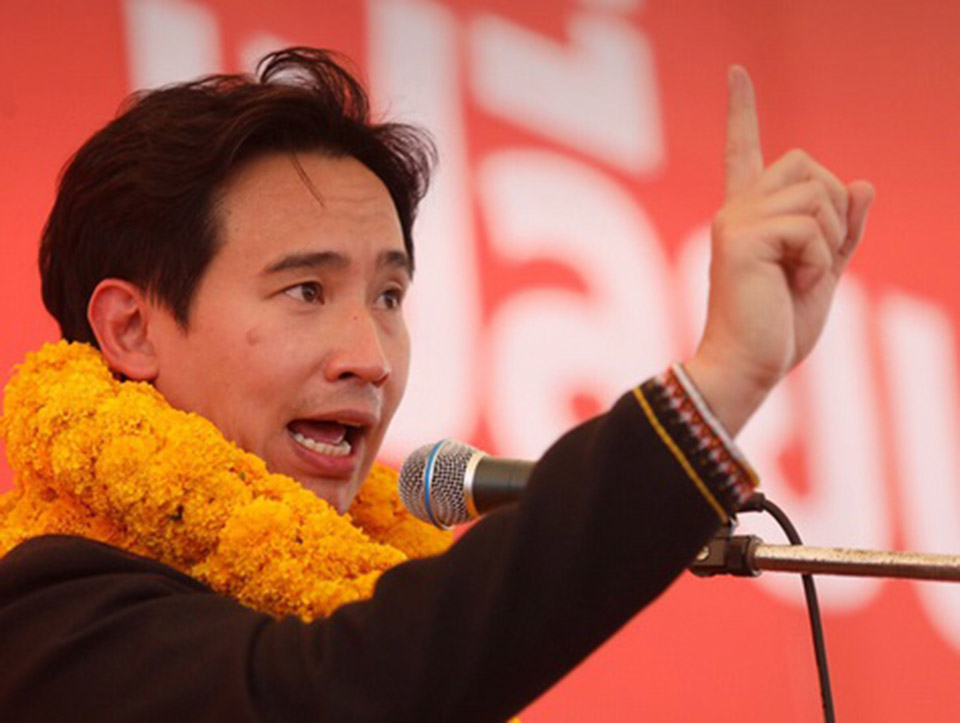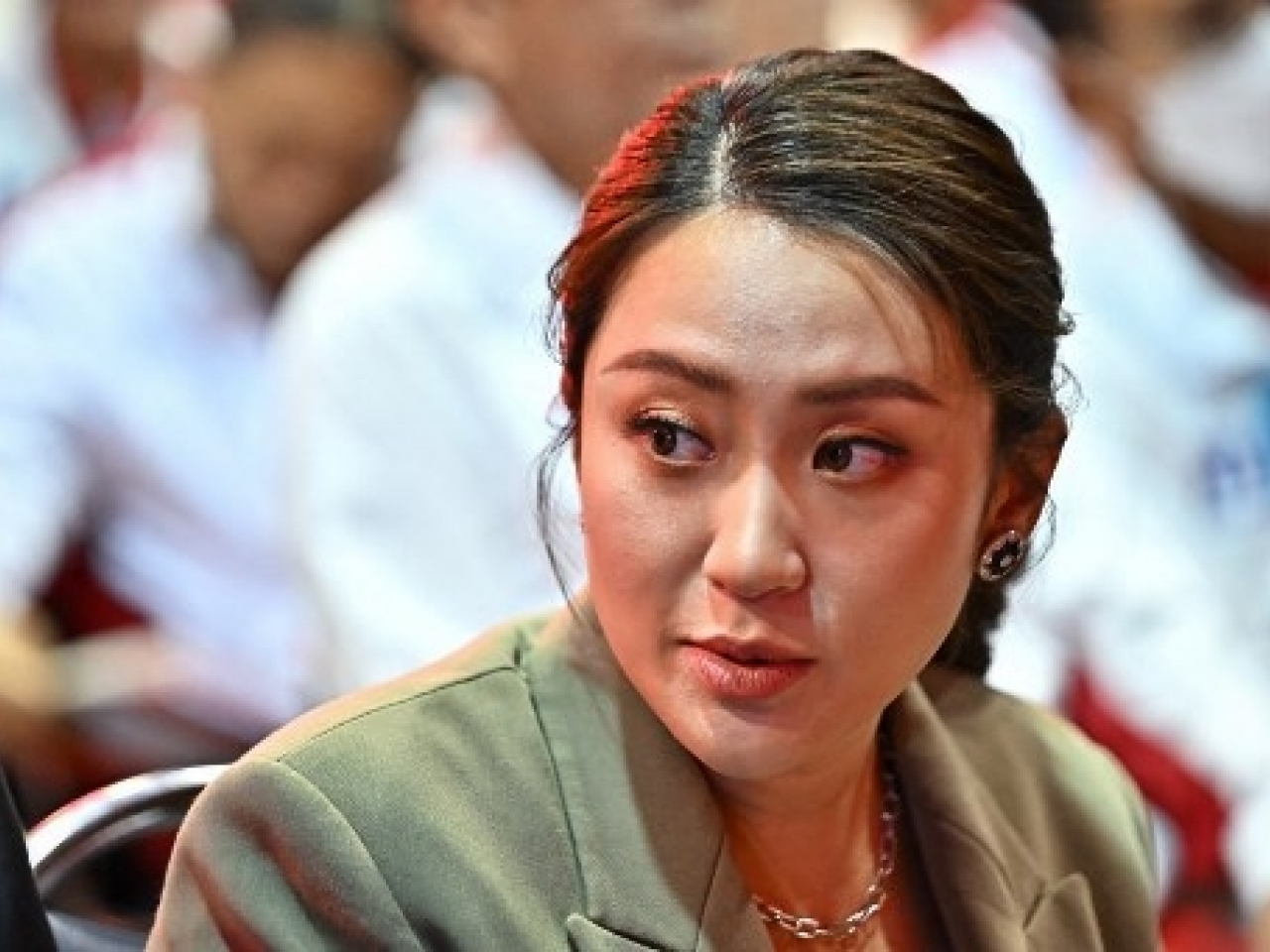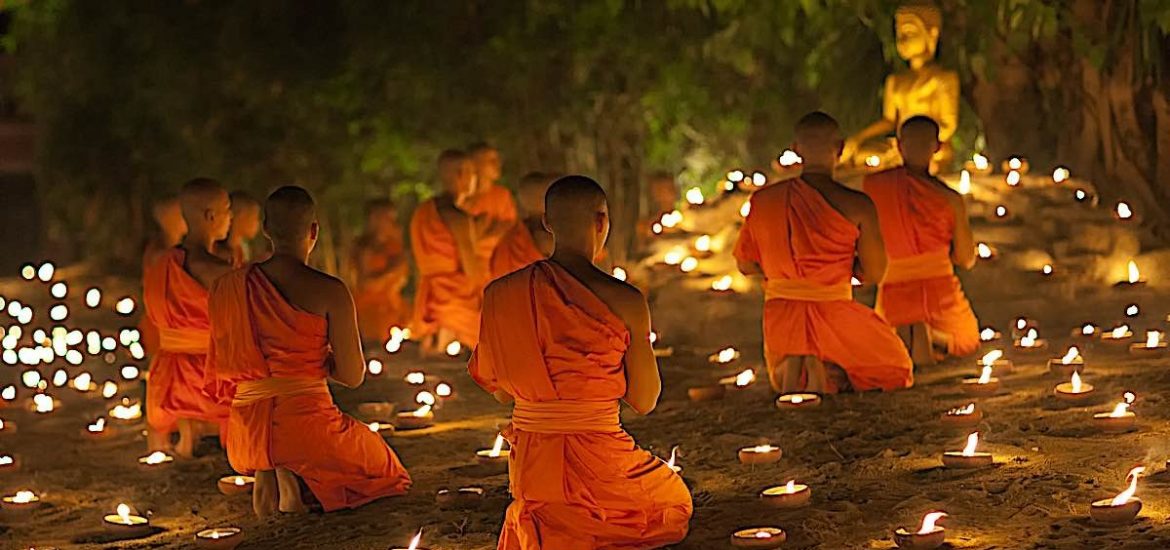This year’s Thai general election on 14 May resulted in the largest turnout of eligible voters in the country’s history – a 40 million-strong turnout. The Move Forward Party and the Pheu Thai Party were seen as the major winners, although the Move Forward Party, led by Pita Limjaroenrat, unexpectedly gained more seats than Pheu Thai. Both Pheu Thai and the incumbent United Thai Nation Party were expected to remain dominant.
Stephen B. Young, global executive director of Caux Round Table for Moral Capitalism, goes so far as to argue that it was Thai Buddhism that was responsible for the results. Core to Young’s argument is that the military-backed elite was increasingly “disharmonious,” or at least, through overreach, deprived themselves of baramee, or at least the image of possessing it. In what he sees as the clearest example, Pheu Thai’s leader, Paetongtarn Shinawatra, was a political heiress; the election was hers to lose. Her power comes from two main sources: her lineage, being the daughter and niece of ex-PMs Thaksin and Yingluck respectively, and her support from the military, which has steered Thai politics since the 2014 coup. Yet she lost out to Move Forward’s momentum, while military-backed parties like United Thai Nation and others got even less of a share.

In Thai political life, someone with baramee means someone who embodies moderation and balance, in temperament, lifestyle, and values, who can then transmit a sense of stability and sustainability to others. These people will be sought after as personal patrons, and therefore gain power, prestige, and respect. People with baramee have loyal and willing followers and will also be surrounded by people predisposed to help or ally with them (Bangkok Post). They are election winners, regardless of faction – it just so happened that the military parties lacked this sensitivity at this election.
Therefore, baramee does not simply indicate an intellectual or scholarly understanding of the art of managing people and party. It is something that people naturally understand in their gut, like an instinct. It cannot be learned easily, but rather must be honed through habituation, much like how behaving morally comes more naturally after doing moral things repeatedly.
The election results, Young argues, returns Thai politics to a more fragmented collection of parties and political factions with no one decisively in charge. While Move Forward is technically now the largest party in parliament, there will be a process of coalition building to decide a new prime minister, with “tact and deft deal-making skills” to balance contributions, rewards, and expectations. (Bangkok Post)

Young characterizes Thai politics as a diversity of power centers that can only make an impact within coalitions and alliances. He ties this to how Thais see the Middle Way, which means equilibrium and balancing the passions. (Bangkok Post) Mindfulness of life’s complexities and subtleties also serves one well in Thai politics, and facilitates a more careful and sensitive approach to interpersonal politics.
Thais are not naïve about how imperfectly human beings represent a perfect thing like the Buddha-dharma. The third constituent of the three treasures, the sangha, has suffered a long line of scandals in modern memory, from child abuse to the embezzlement of temple funds to an entire community of monks testing positive for drugs. Therefore, the fact that Buddhist ethics and political instincts might have contributed to this election is not enough for Buddhism to manifest in the daily politics and society of Thais.
While the idea of the chakravartin or wheel-turning monarch might sound anachronistic in Thai democracy, the king continues to wield significant symbolic power over Thai society, and it was the late king Bhumibol Adulyadej who promulgated the Thosapit Rachathamma (Skt. Dasa Rajadhamma) as a ten-point set of principles for better governance. He also promoted the idea of “sufficiency,” which while most familiarly applied to his ideas on sustainable farming, could also be extended to Young’s idea of equilibrium. Sufficiency is not simply a state of “adequate,” “less than optimal,” or “good enough,” as is commonly understood in English, but sustaining balance in mind, speech, and body on part of the politician, lobbyist, newspaper editor, or whoever else wields influence of some sort in civic society.
This is not just the most ethical way to wield power in Thailand, and perhaps in other ASEAN nations; but is the more effective way to negotiate, build political networks, deal out patronage and favors, and embody Buddhist leadership.
See more
And the winner is — Thai Buddhism (Bangkok Post)
Related news from BDG
Buddhist Monks in Thailand Accused of Embezzling Temple Funds
Buddhist Temple in Thailand Left Empty After Monks Test Positive for Drugs
Alarm Bells Sounded Over Child Abuse in Thailand’s Buddhist Temples


